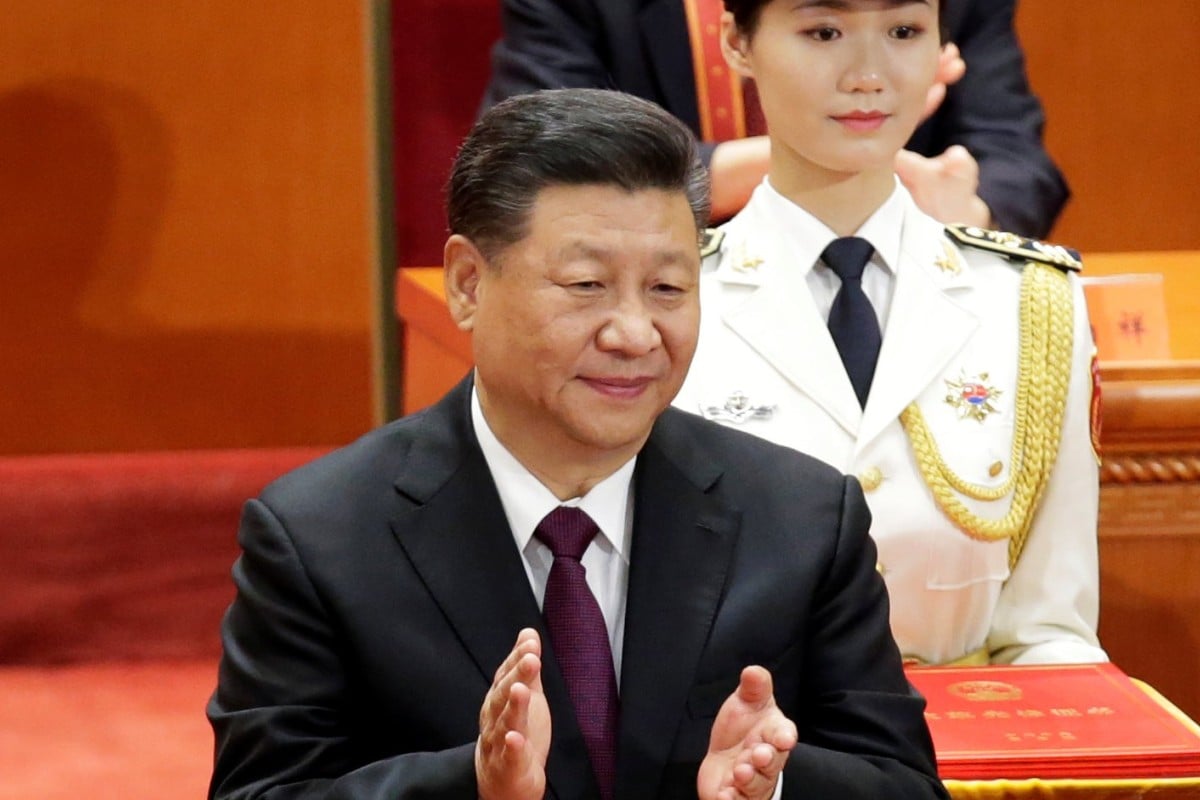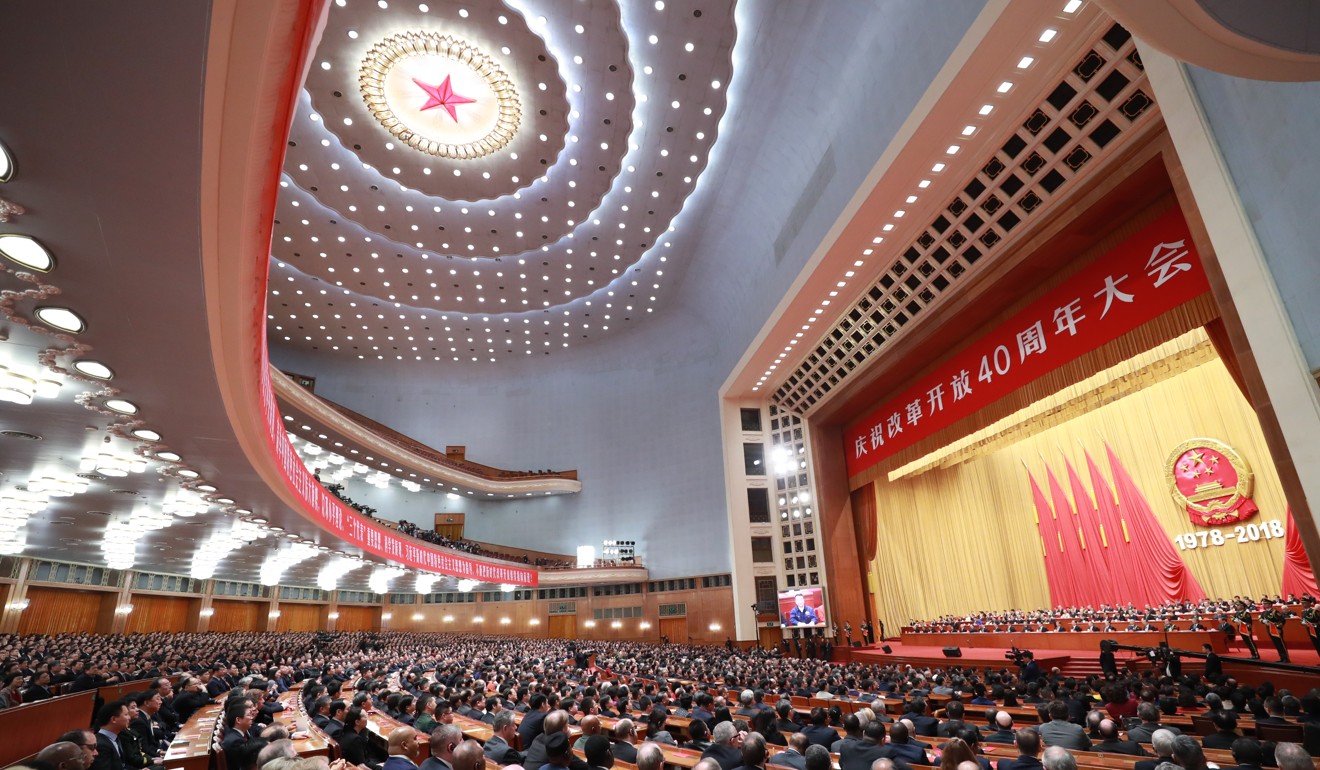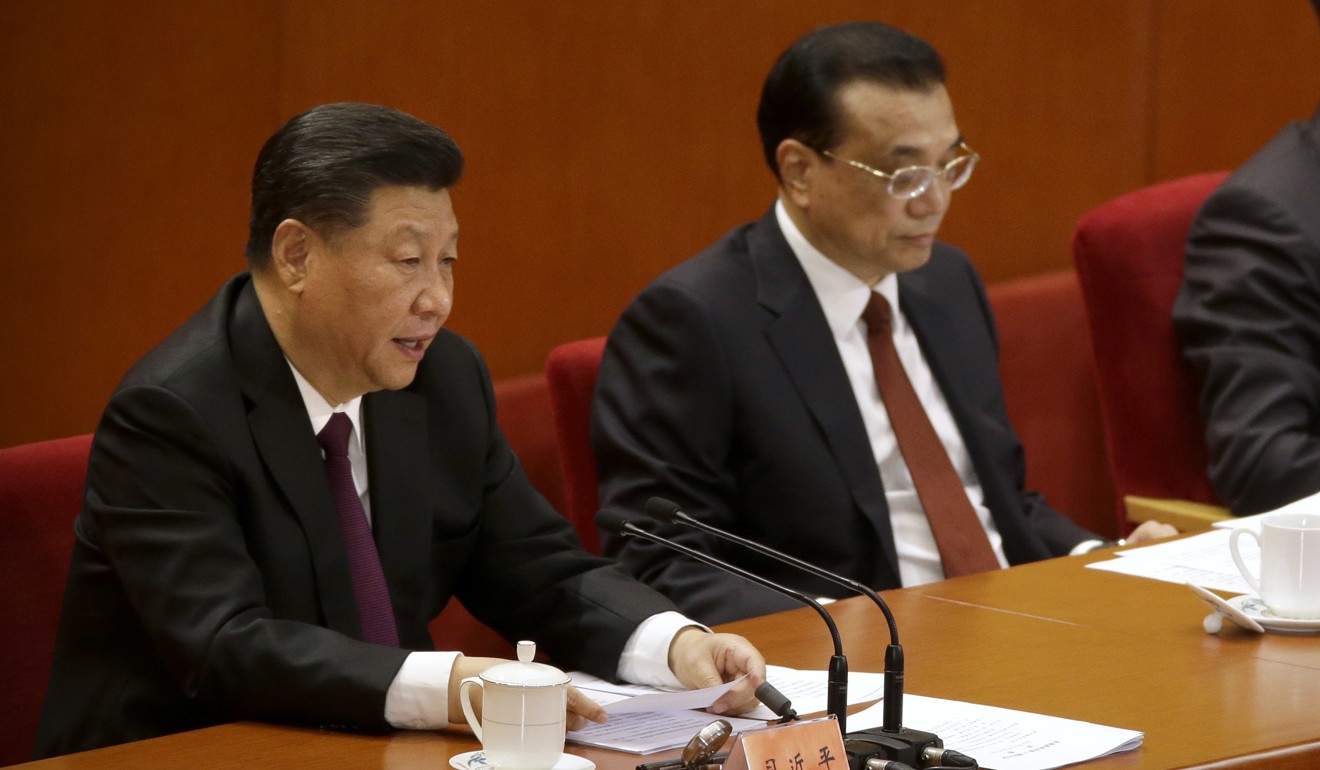But in reality, despite his relentless use of punitive tariffs to help skew the playing field in favour of US companies, the very industries he has tried to help have become the weakest links in the otherwise solid economy.
With just over a year to go before he faces re-election, Trump takes credit for the most vigorous economy in the industrialised world, with the expansion entering its 11th year and historically low unemployment.
But while services and office jobs dominate the US economy, Trump continues to promote the factory and mining jobs that were the lifeblood of the economy in the last century.
“American steel mills are roaring back to life,” he declared last month in Florida – the same day US Steel announced it would idle plants in Michigan and Indiana until “market conditions improve”.
And to West Virginians he said, “The coal industry is back.”
But in fact each of the sectors Trump has championed – coal mining, steel, aluminium and auto manufacturing – have been buffeted by a combination of market forces and changing technologies – factors beyond his control – or damaged by the very things he did to protect them, economists and analysts say.
Last month, a national survey of manufacturing activity hit its lowest level in nearly three years – narrowly avoiding slipping into contraction – while regional surveys have also seen record declines.
In March, the number of workers in US manufacturing shrank for the first time in nearly two years and it is now growing more slowly than the rest of the American workforce.
Trump has imposed tariffs on hundreds of billions in imports, renegotiated trade agreements and dangled the threat of worse over China and Europe and Mexico – all while publicly browbeating companies that close US factories or move production offshore.
But weak foreign demand, a strong US dollar and a decades-long evolution away from domestic manufacturing have progressively shrunk America’s industrial sector, said Gregory Daco, chief US economist at Oxford Economics.
Trump’s world trade war has not helped either.
“The policies that have been implemented in terms of protectionism have hurt the very sectors they were meant to protect. There’s no escaping that,” Daco said. - AFP/The Star
Read more
 China can effectively sanction US companies who sell weapons to Taiwan: experts
China can effectively sanction US companies who sell weapons to Taiwan: experts
The US is deploying a double standard by calling China's
proposed sanctions on US companies for arms sales to Taiwan a "foolish
action," Chinese mainland analysts said on Sunday, pointing out that the
sanctions could not only cut base material supply to these companies
including rare earths but also block their non-military products from
entering Chinese markets.The Point: Chinese economic data reveals the winner of trade war
https://youtu.be/iqExpwZh3TERelated posts:
More people around the world see U.S. power and influence as a ‘major threat’ to their country
The World Will Not Mourn the Decline of
U.S. Hegemony In the global political landscape looms a
superpower with a military and eco...
Illustration: Liu Rui/GT US
President-elect Donald Trump appointed Peter Navarro, a strident critic
of China, as head of the new Nat...
https://youtu.be/BgTKh4Rx-LI https://youtu.be/rD1EIaTh6_U After Huawei, U.S. blacklists Chinese supercomputers https://youtu.be...
Uncertainty over the future of US-China
economic relations has derailed the once high-flying global equity
market, which rose almost 15 per .











